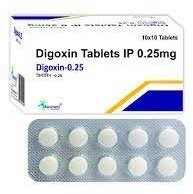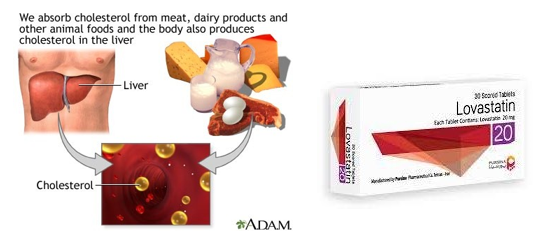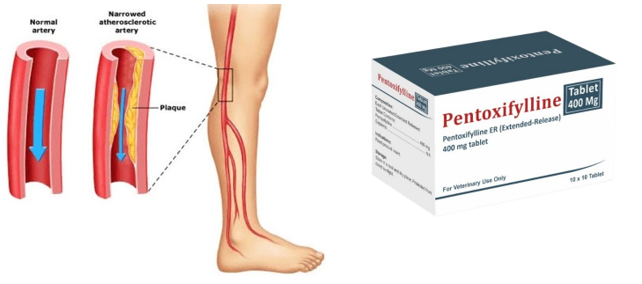An elderly client with heart failure comet to the emergency room because of nausea, vomiting, and anorexia. Based on the client’s signs and symptoms, which data from the medical history has the most significance when planning this client’s care?
A coronary artery bypass procedure was performed in 1995.
Suffered with depression following death of spouse in 1999.
Digoxin and furosemide daily since 1996.
A Colonoscopy was performed for routine screening six months ago.
The Correct Answer is C
Digoxin is a medication commonly used to treat heart failure by strengthening the heart's contractions and slowing down the heart rate. However, it can also cause nausea, vomiting, and loss of appetite, especially when levels in the body are too high. Furosemide is a diuretic medication that helps to remove excess fluid from the body, which is often necessary in heart failure. However, it can also cause electrolyte imbalances, such as low potassium levels, which can contribute to nausea and vomiting.
Therefore, in a client with heart failure who is experiencing these symptoms, it is important to assess their medication regimen, including dosages and serum levels, to ensure that they are not experiencing medication side effects or toxicity.
Adjustments may need to be made to the client's medication regimen to manage symptoms effectively and prevent further complications. Options (a), (b), and (d) do not have as direct a correlation to the current symptoms and would not have the same level of significance when planning care for this client.

Nursing Test Bank
Naxlex Comprehensive Predictor Exams
Related Questions
Correct Answer is B
Explanation
Lovastatin is an antilipemic medication used to lower cholesterol levels in the blood1. It is important for clients taking lovastatin to avoid drinking alcohol as it can increase the risk of liver problems. If the client remarks that they will avoid taking alcoholic beverages while taking this medication, it indicates that they understand the drug’s treatment protocol.

Correct Answer is D
Explanation
Intermittent claudication is a condition in which there is pain in the legs due to reduced blood flow. Pentoxifylline is a medication that can improve blood flow by reducing the viscosity of the blood. Therefore, to determine the effectiveness of the medication in managing intermittent claudication, the nurse should monitor the client's pain level using a numeric pain scale. This will help to assess if the medication provides pain relief and improving the client's ability to walk without discomfort.
Options a, b, and c are not relevant to the assessment of the effectiveness of pentoxifylline in managing intermittent claudication.

Whether you are a student looking to ace your exams or a practicing nurse seeking to enhance your expertise , our nursing education contents will empower you with the confidence and competence to make a difference in the lives of patients and become a respected leader in the healthcare field.
Visit Naxlex, invest in your future and unlock endless possibilities with our unparalleled nursing education contents today
Report Wrong Answer on the Current Question
Do you disagree with the answer? If yes, what is your expected answer? Explain.
Kindly be descriptive with the issue you are facing.
